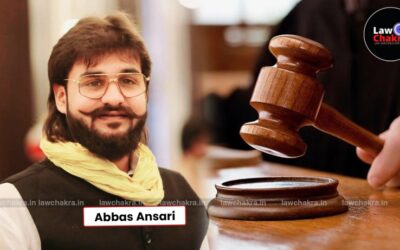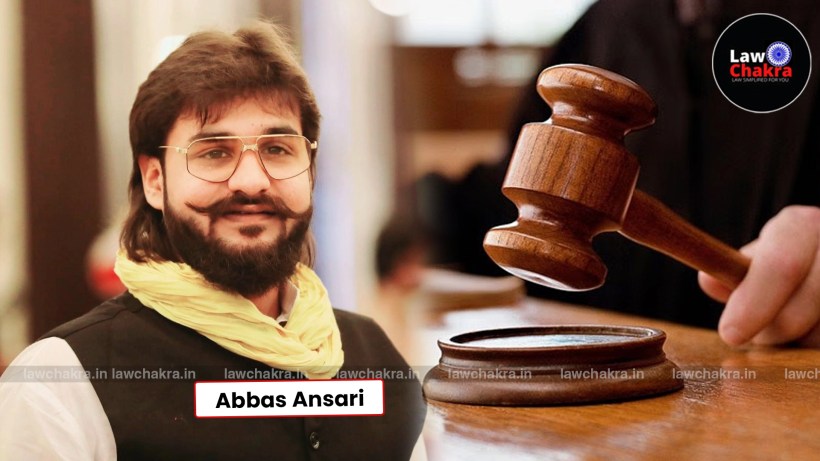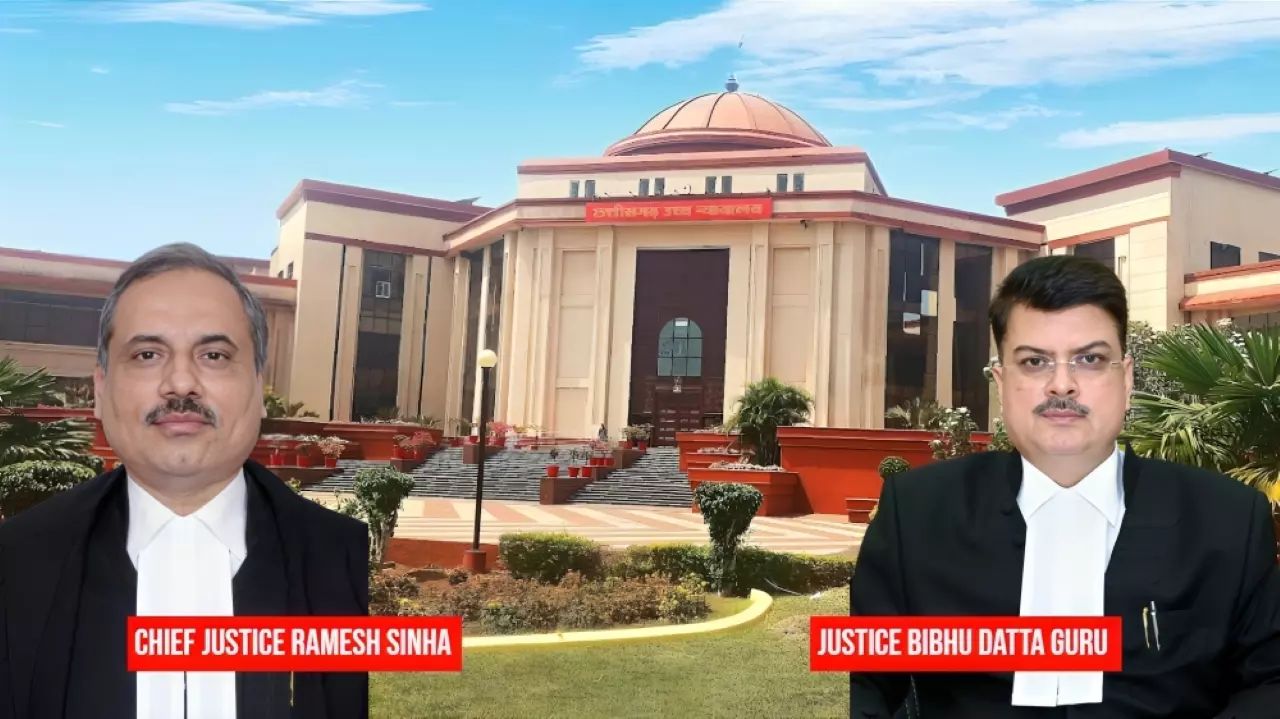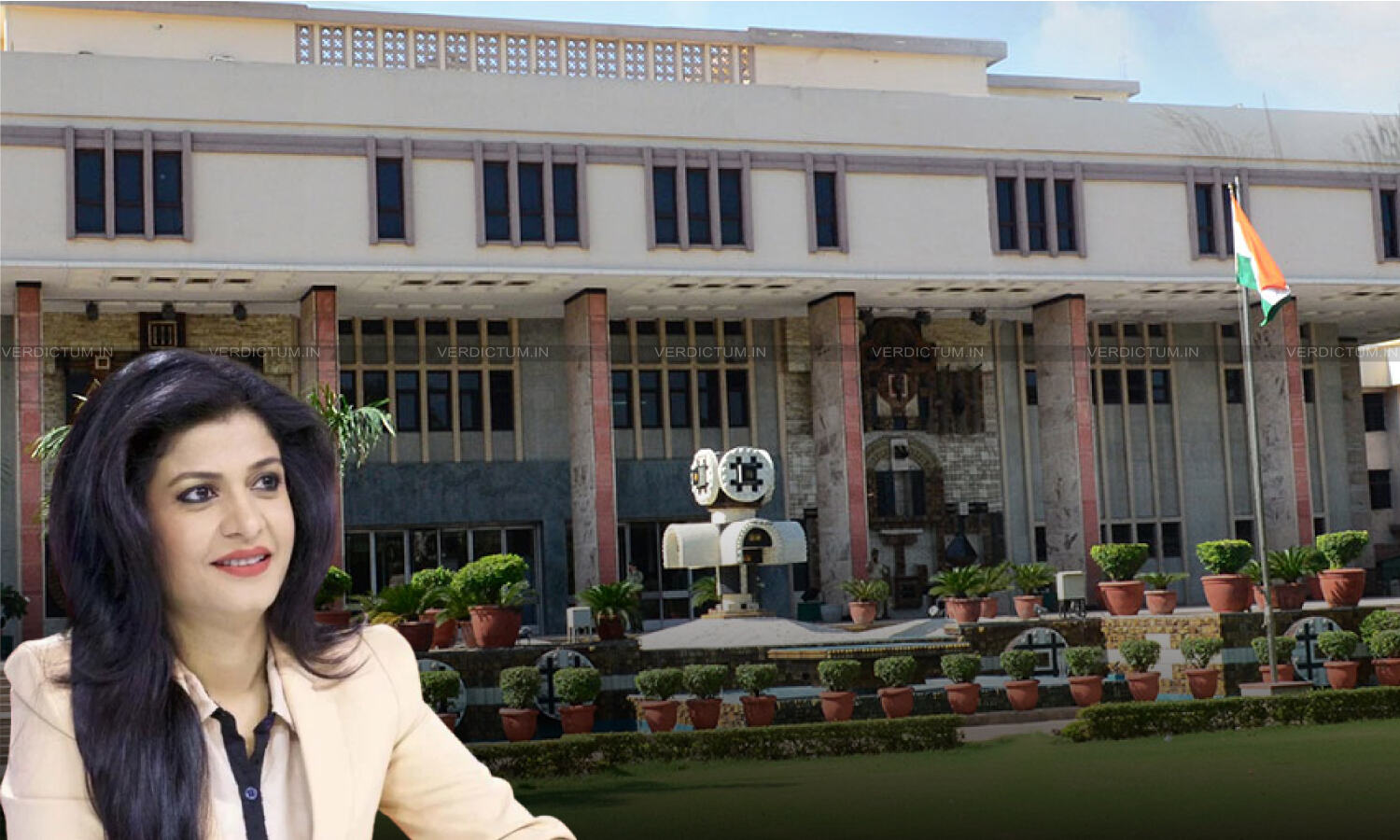Madras High Court Orders Swift Pension For Former ACJ’s Disabled Daughter

Thank you for reading this post, don’t forget to subscribe!
Madras High Court directs Registrar General to expedite family pension for ex-Acting Chief Justice’s disabled daughter. Court reminds authorities that pension is a right, not charity, especially for persons with disabilities.
Chennai: Today, on June 25, The Madurai Bench of the Madras High Court has strongly reaffirmed that pension is a right and not a form of charity or bounty, especially when it concerns children with intellectual disabilities.
In a significant judgment, the Division Bench comprising Justice G.R. Swaminathan and Justice K. Rajasekar ruled that the authorities must act quickly and sensitively in such matters.
The case was related to the family pension claim of a person with an intellectual disability, who is the son of a deceased government employee. The government had delayed releasing the pension amount due to unnecessary procedural demands.
The court, while hearing an appeal filed by the Principal Accountant General (A&E) against a Single Judge order, made it clear that once a medical certificate is provided showing the child’s inability to earn a livelihood, the pension must be sanctioned without delay.
There is no need to provide an income certificate showing income from all sources.
The Bench stated:
“Pension has always been characterised as a matter of right and not charity or bounty.”
The court emphasised that once the required medical certificate is submitted — as mentioned under the pension rules — the sanction order for family pension should be passed immediately.
There should be no further delay from the side of the authorities.
During the hearing, the court was informed that the Single Judge’s order had been complied with, and the pension was disbursed.
However, the appellant requested that some strong observations made earlier by the court be removed, and the Division Bench agreed to expunge those remarks.
In a poignant observation, the Bench also shared the story of a former Acting Chief Justice (ACJ) of the High Court.
His daughter, who is a person with both physical and intellectual disabilities, had also faced similar delays in getting her entitled family pension after the demise of her mother.
Her father had passed away in 2020, and her mother in 2024. The legal guardian, who is the woman’s younger sister, had submitted all the required documents to the office of the Principal Accountant General.
However, even after submitting all the required documents, there was no progress in her case.
The pension file was sent to the Secretary, Ministry of Law and Justice (Department of Justice) to obtain sanction from the President of India, but then a letter was sent again asking for the same documents, and the matter remained pending.
The court said:
“We call upon the Registrar General of the Madras HC to liaison with the authorities concerned and ensure that the daughter of the former ACJ gets her family pension at the earliest.”
The Division Bench referred to the Central Civil Services (Pension) Rules, specifically Rule 54(6), and the Tamil Nadu Pension Rules, particularly Rule 49(6).
These rules clearly say that a certificate from a medical officer not below the rank of civil surgeon is enough to prove that the son or daughter of a deceased government employee is suffering from a disability that prevents them from earning a livelihood.
The judges observed:
“Nowhere was there any requirement to produce an income certificate noting income from all sources.”
In the current case, the pension authorities wrongly asked for such an income certificate. The court found this to be against the letter and spirit of the rules. It concluded:
“When the statutory rule itself contemplated certificates only from a Doctor/Medical Board stating that the son/daughter of a deceased employee by virtue of physical or intellectual disability could not earn a livelihood, the authority could not ask for anything more.”
Case Title:
Principal Accountant General (A&E) v. R. Vasantha
Click Here to Read More Reports On Demolition






